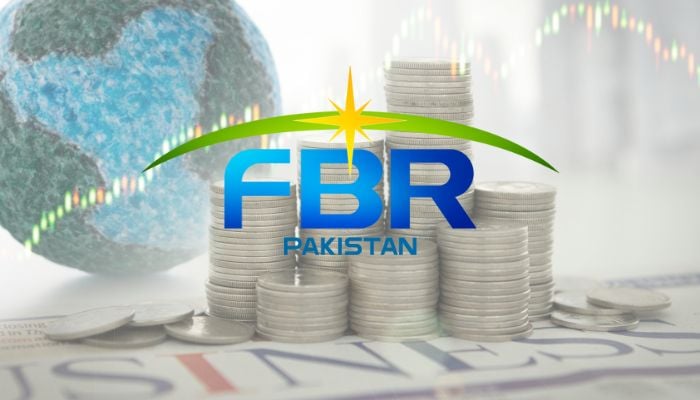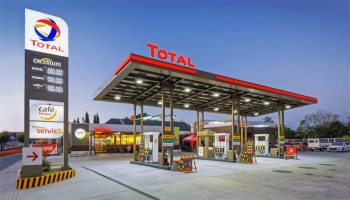
With another year of economic turmoil ahead for Pakistan, the FBR is doing what it has always done—growing dependent on existing taxpayers to generate revenue—leaving business leaders worried about the fiscal year 2025-26.
Lahore Chamber of Commerce Senior Executive Committee Member Ali Imran Asif and Industry (LCCI) Senior Executive Committee Member Ali Imran Asif warned that the FBR’s impressive revenue collection performance is commendable, but the reality shows these results are largely attributable to increased taxation on already documented sectors and not tax base expansion.
Combined with rising government expenditures, he said, “This could make it difficult to achieve the modest budget deficit target of 3.9% of GDP set for the year.”
Asif added, “We are moving in the right direction in certain areas, but the speed is far from enough. Until all sectors contributing to the economy move in unison and with urgency, sustainable development will remain out of reach.”
He called for a more equitable solution so that the revenue tax does not disproportionately rely on documented sectors, while other areas of the economy are untaxed.
Other industry leaders echoed his concerns. Muhammad Riaz from the export sector said, “Factories are closing or running at half capacity because costs have gone beyond reason. Electricity tariffs are at record highs, gas supply is unreliable, and the rupee's volatility makes importing raw materials unpredictable. On top of this, aggressive tax demands are breaking the back of industry.”
Economists highlight Pakistan's relatively weaker export number—$32 billion for the last fiscal year, versus Bangladesh's $48 billion—due to the high cost of production and an unconsidered imbalanced tax regime.
An international trader, Ahmad Raza, noted, “When you have a tax system that collects more from those already in the net and fails to document the massive informal economy, you create an uneven playing field.”
Business owners suggest broadening the tax base to include wholesale markets, real estate, and services operating largely in cash.
Ahmed Hassan from Lahore’s auto parts sector said, “The government must show it is willing to share the burden of austerity instead of placing it entirely on taxpayers and businesses.”
Industry experts believe that using modern technology to identify untaxed income streams and cutting unnecessary expenditures could create a fairer system.
















